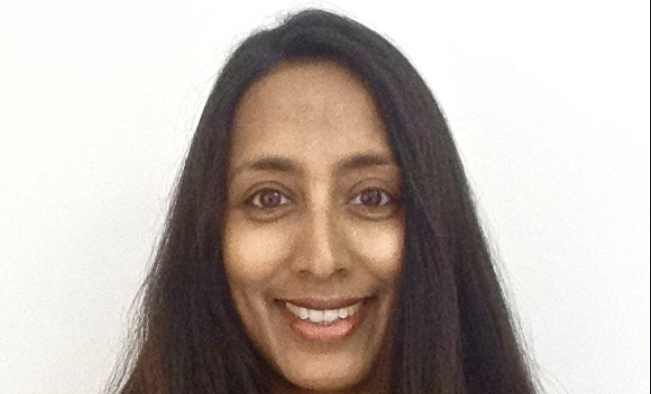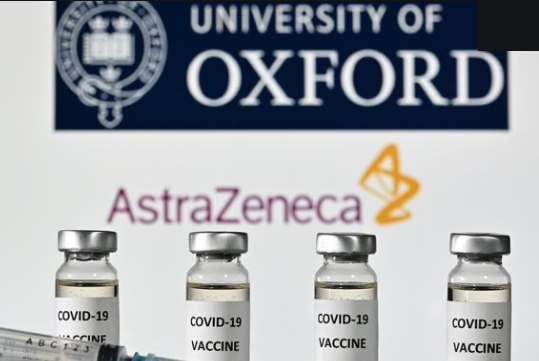
Oxford Vaccine: Robust immune response “even in those over 70 years of age”



Andrew Pollard, Professor of Paediatric Infection and Immunity and study lead from the University of Oxford, said he was “absolutely delighted with the results” showing a strong immune response “even in those over 70 years of age” as older adults may have weaker immune systems. The Oxford Coronavirus vaccine reveals a strong immune response in adults in their 60s and 70s, raising hopes that it can really protect age groups that are most at risk from the virus.
According to the researchers the Lancet Phase two findings, based on 560 healthy adult volunteers are “encouraging”.
The Oxford data is from an earlier stage, which tests the safety of the vaccine and the body’s response to it, but in the long run it’s likely this vaccine could be easier to roll out because it doesn’t need to be stored at very cold temperatures.
The UK government has already more of the Oxford vaccine, manufactured by AstraZeneca than any other – 100 million doses compared to 40 million doses of the Pfizer-BioNTech vaccine and five million of the Moderna vaccine.
Prof Pollard said there was “no competition” with other vaccines, adding that multiple vaccines needed to be successful.” We will need all of them to protect people around the globe,” he said. The challenge with developing a Covid vaccine is to trigger the body to fight back against the virus no matter how old someone is.
The trial results from the University of Oxford, show that old adults aged 56-69 and over 70 had a similar immune response to younger adults aged 18-55.
Dr. Maheshi Ramasamy, an investigator at the Oxford Vaccine Group, said: “ The next step will be to see if this translates into protection from the disease itself”.
Two weeks after the second dose, more than 99 per cent of participants had neutralising antibody responses for people of all ages. The T-cell response – another measure of how well the immune system responds – peaked two weeks after the first dose of the vaccine, regardless of age.
“ The Robust antibody and T-cell responses were seen in old people in our study are encouraging”. Dr. Ramasamy said.
“ There were no hospitalised or severe cases in anyone who received it” according to the Serum Institute of India who partnered AstraZeneca.
The scientists have taken genes for the spike protein on the surface of coronavirus and put them into a harmless virus to make a vaccine and then injected into the patient. The vaccine enters the cells which then start to produce the coronavirus spike protein which prompts the immune system to produce antibodies and activate killer T-cells to destroy infected cells. If the patient encounters coronavirus again, the antibodies and T cells are triggered to fight the virus.
There are no serious safety issues relating to the vaccine called ChAdOx1 n Cov-2019.
Volunteers in the trial were put into two groups and given one or two doses of the vaccine or a dummy jab. The reaction of their immune system was assessed on the day they got the job, then one, two, and four weeks after both doses.
The Oxford vaccine is made from a weakened version of a common cold virus ( known as an adenovirus) from Chimpanzees that has been modified so it cannot grow in humans. Although the work began on the vaccine in January, and developed under three months, starting human trials – the first in Europe- in April in Oxford.
Phase three trials of the vaccine, which look at how effective it is at protecting people against the Covid-19 started at the end of August and are still ongoing. When data from this stage is sent to the regulators, scrutinised and approved the vaccine can be given the green light to be used on people worldwide.
